Finances
Choose the right checking account for you
Unsure of which checking account is best for you? Check out our guide to learn about all the different types of accounts, what to look for, and more.
Advertisement
Find the best checking account option based on your financial needs!
Select a checking account based on your preferences
A checking account is a financial institution’s payment product that makes it easy for you to manage your money, pay for goods and services, transfer funds, and make other financial transactions.
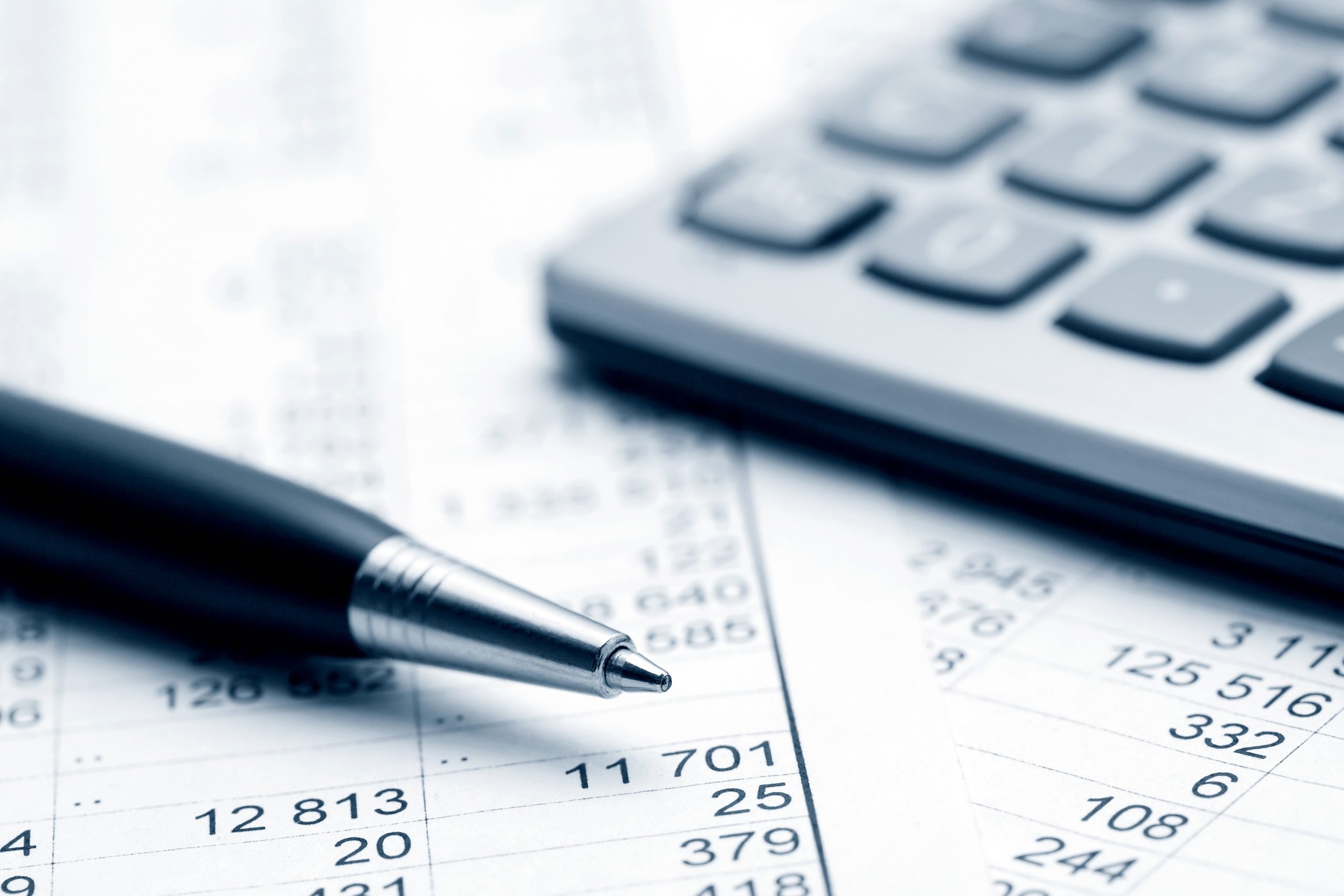
Checking account pros and cons
If you're looking for a new checking account, these are the pros and cons to consider before opening one. Find out if it's right for you!
With so many different checking accounts available today, it’s important to understand which best fits your needs. Read on to learn how it works, its fees, and much more.
You will be redirected to another website
You’ll receive messages for less than 1 week, with a maximum of 1 message per day. You can unsubscribe anytime by replying STOP. By submitting this form, I confirm that I am 18+ years old and agree to the Privacy Policy and Terms and Conditions. I also provide my signature, giving express consent to receive informational messages via automated emails, SMS, MMS text messages, and other forms of communication. Message frequency may vary as part of our good-faith effort to respond to your inquiry. Message and data rates may apply. Text STOP to cancel. I understand that my consent to receive communications is not a condition of purchase and that I may revoke my consent at any time.
Advertisement
What is a checking account and how does it work?
A checking account is a bank or credit union deposit account that allows you to deposit, withdraw, and transfer funds from anywhere.
It also helps you keep track of your spending by providing convenient access to digital records of all transactions.
Fees
Checking accounts can come with fees associated with them, such as monthly maintenance fees and overdraft fees.
Before opening an account, research the associated fees and ensure they are worth the benefits you receive. Here are some of the most common fees:
- Monthly maintenance fees;
- Account inactivity fees;
- ATM fees and surcharges;
- Wire transfers;
- Overdraft protection fees;
- Overdraft fee.
Some banks offer fee-free accounts, while others waive certain fees if criteria are met. Be sure to check with your bank or credit union to understand what they offer in terms of fee structures.
Advertisement
Pros

Many banks offer interest-bearing checking accounts that allow you to earn money on your deposits. This means that you can grow your money without any additional effort.
FDIC Insurance
All banks are subject to federal Federal Deposit Insurance Corporation (FDIC) regulations. So if your bank fails, you will be protected by up to $250,000 per account holder in case of bankruptcy or other issues.
Advertisement
Early Payment
If you need to make payments early, many banks offer electronic transfers or online bill pay services so you can pay your bills quickly and easily.
Easy Access
With a checking account, you can access your money anytime through ATMs or online banking services, making it easy and convenient to access funds when needed.
Direct Deposit
Most employers offer direct deposit services to electronically transfer your paycheck into your bank account on payday. It eliminates the hassle of waiting in line at the bank or for checks to arrive in the mail.
Spending Track
With most banks, customers can track their spending on their statements and view recent transactions online, which helps with budgeting and financial planning.
Debit Card
Most checking accounts come with debit cards, so customers don’t have to carry cash or checks all the time.
The debit card allows customers quick access to their funds and helps them keep better track of their spending habits since everything is recorded digitally in the bank’s system.

High-yield savings vs. money market
Compare high-yield savings accounts and money markets. Find out which is better based on the interest rate, and fees. Keep reading!
Cons
Checking accounts can be great for convenience and organization, but there are some potential downsides.
One common issue is minimum balance requirements – if you don’t have enough money in your account to meet the threshold, it could result in additional fees or other punishments.
Another downside of checking accounts: they generally do not earn any interest on deposited funds. Read all regulations before diving into a new banking situation to know what rules apply.
Credit score
Forget about your credit score – when it comes to opening a bank account, plenty of other factors come into play.
So whatever you may have heard in the past, this means everyone has an open door when it comes to banking.
What is the difference between a checking account and a savings account?
A checking account is a bank account where you can deposit your money and write cheques to pay for goods or services.
On the other hand, a savings account is a type of bank account where you can save money.
The main difference between these two bank accounts is that a checking account allows you to withdraw cash easily, while a savings account usually doesn’t allow you to withdraw cash unless you go through many hoops.
Different types of checking accounts available
There are a few different checking accounts available, the most common being the traditional checking account, online checking account, and business checking account.
- A traditional checking account is a bank account that allows customers to easily withdraw and deposit money and write checks;
- An online checking account is a bank account that customers can only access through the internet;
- Business checking accounts are designed for small businesses and allow for more transactions than traditional or online checking accounts;
- Joint checking accounts are bank accounts that two or more people share;
- Teen and kid checking accounts are special bank accounts for children and teenagers. These accounts have lower withdrawal limits and often come with special perks, such as free savings bonds or gifts.
How to open a checking account?

One of the main perks of checking accounts is that they are pretty simple to get. Most banks allow customers to open their accounts through simple steps!
You’ll only need to provide your personal information. Check out the requirements below!
Requirements
To open a checking account, you must provide identification, such as a driver’s license or passport, and proof of residency, such as a utility bill.
You may also be asked to provide information about your employment, income, and minimum deposit.
Documents
- Driver’s license or other government-issued photo ID;
- Proof of address (e.g., recent utility bill, bank statement, mortgage statement, lease);
- Unexpired social security card or other government-issued documents with your social security number;
- Minimum opening deposit, which may vary by the financial institution.
How to choose the best checking account for your finances?
There are a few key things to look for when choosing a checking account:
- Fee structure: Some checking accounts charge a monthly maintenance fee, while others do not. Make sure to find an account that doesn’t charge any unnecessary fees;
- Interest rate: A checking account that pays interest is a good option for those looking to grow their money. Find an account that offers a competitive interest rate;
- ATM access: Make sure the bank you choose has ATMs conveniently located.
By considering these factors, you may be able to get the best accounts for your circumstances.
However, if you need more help deciding on the perfect checking account for your banking needs, we’ve got you covered – check out our post below and get all the info needed to find a great fit!

Types of checking accounts
Need a checking account but not sure where to start? Check out our guide to the different types of checking accounts. Keep reading!
Trending Topics
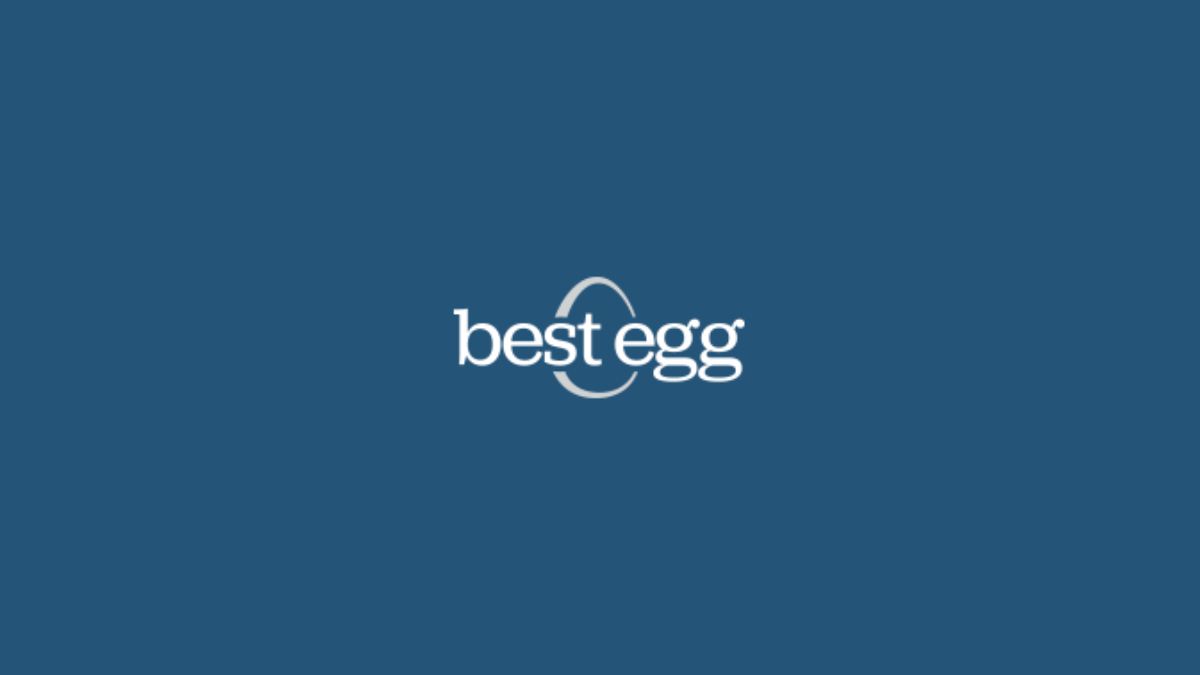
Learn to apply easily for the Best Egg Personal Loans
We'll show you how easy it is to apply for Best Egg Personal Loans. Plus, learn about the benefits of borrowing with them. Check it out!
Keep Reading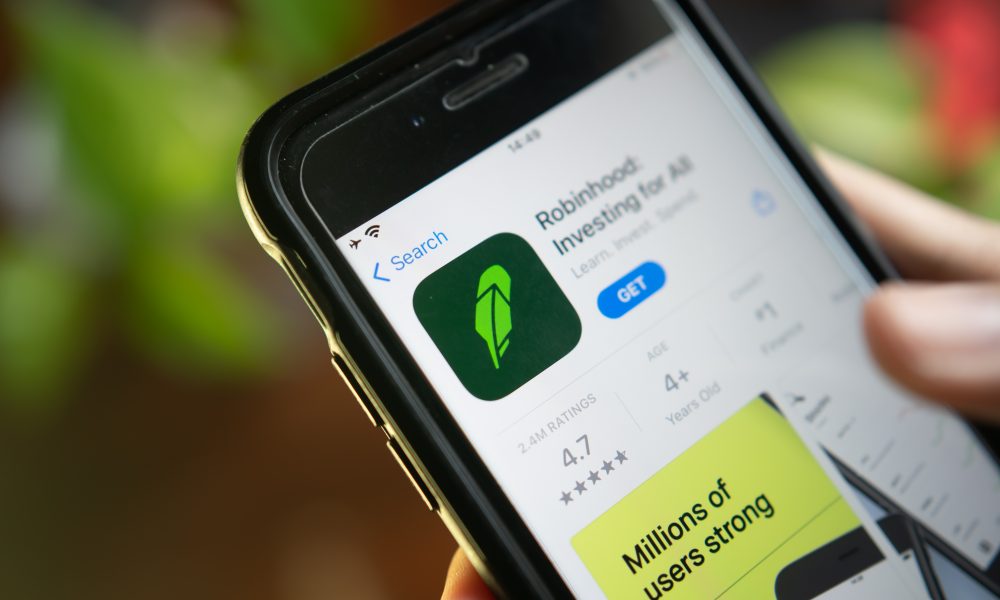
How to start investing with Robinhood Investing?
Have you heard about Robinhood Investing? It is one of the best investing platforms for beginners for several reasons. Learn how to join it.
Keep Reading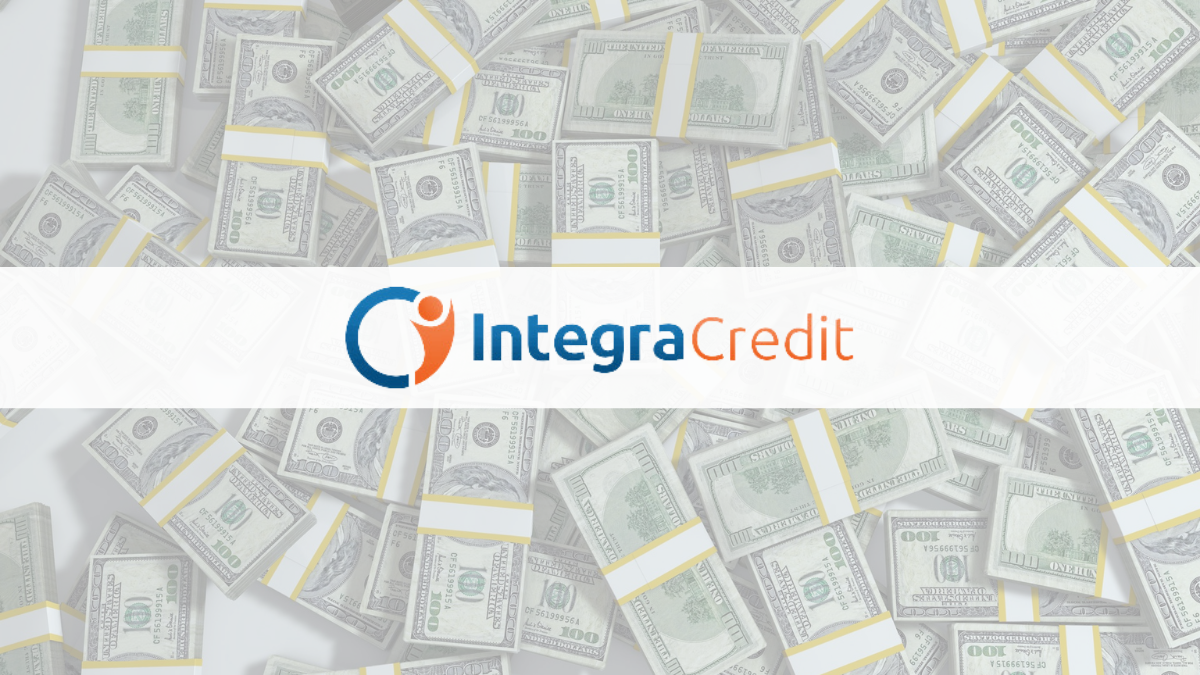
Learn to apply easily for Integra Credit Personal Loan
Learn more about the requirements and how to apply for the Integra Credit Personal Loan. Qualify with no credit check! Keep reading!
Keep ReadingYou may also like
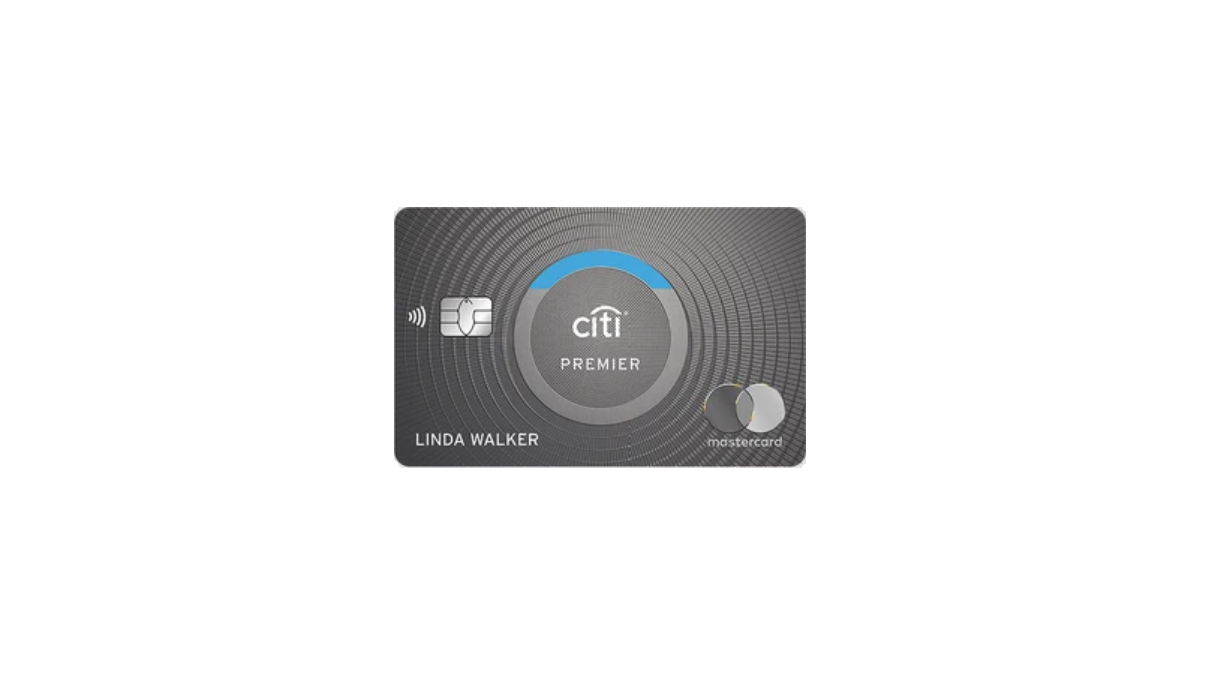
Citi Premier® Card application: how does it work?
The Citi Premier® Card is perfect for earning travel rewards on purchases. If you want a card like that, read on to learn how to apply.
Keep Reading
Merrick Bank Double Your Line® Secured Credit Card application: how does it work?
Ready to apply for the Merrick Bank Double Your Line® Secured Credit Card? Start improving your credit. Check out this post to learn more.
Keep Reading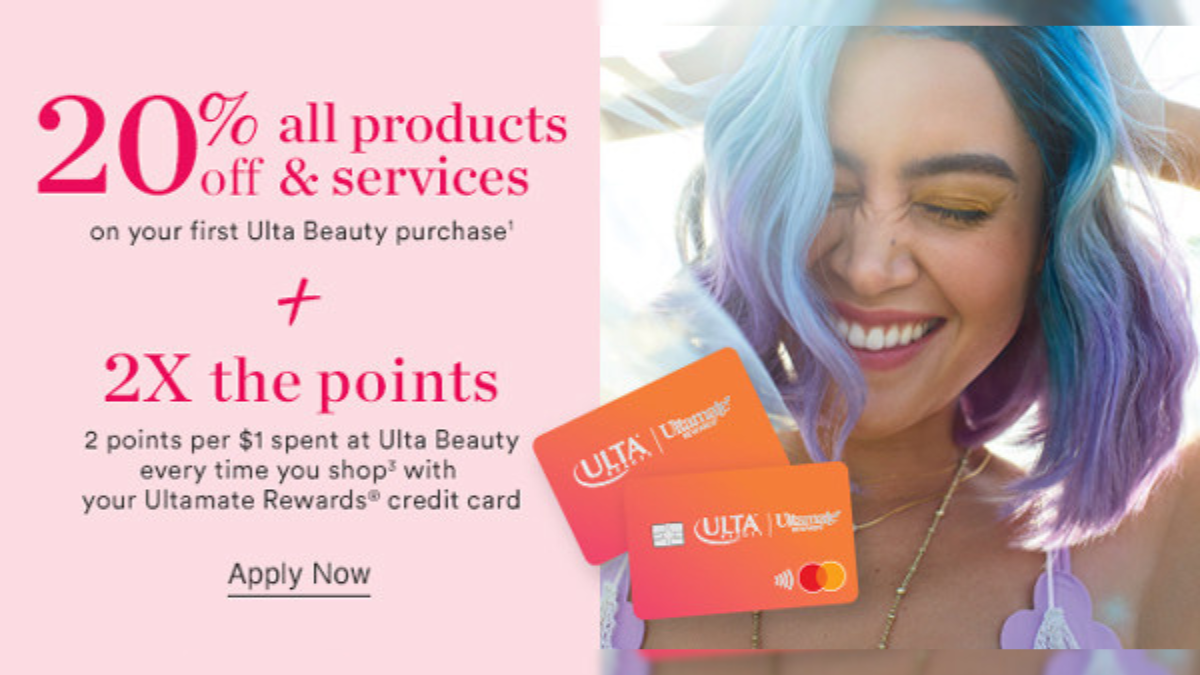
Beauty on a Budget? An Ulta Credit Card Honest Review
Earn 20% off your first beauty purchase at Ulta with the credit card in our review: Ulta Credit Card. Find out other benefits here!
Keep Reading